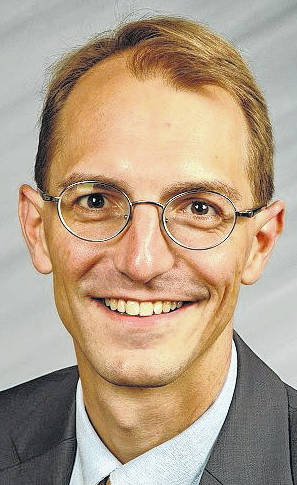
“While the people are virtuous they cannot be subdued; but when once they lose their virtue then will be ready to surrender their liberties to the first external or internal invader.”
— Samuel Adams
“It may be true that the law cannot make a man love me, but it can keep him from lynching me, and I think that’s pretty important.”
— Rev. Dr. Martin Luther King Jr.
The half century immediately following the end of the American Civil War is the darkest period in the history of American justice. During that time period, thousands of American men, women, and children were killed, often by mobs, under laughably ridiculous claims of legitimacy, but in fact acting out of racial, gender, or religious animus. Although statistics are largely unknown for the two decades immediately after the war, significant research documents the period from 1882 to 1955.
The Tuskegee Institute established a set of criteria for these killings: “There must be legal evidence that a person was killed. That person must have met death illegally. A group of three or more persons must have participated in the killing. The group must have acted under the pretext of service to Justice, Race, or Tradition.” They count 4,733 documented killings fitting that description, nearly all occurring in the states that made up the Confederacy. In the English language there came to be a universally accepted term for these killings — “lynching.”
While the origins of the term are not definitely known, most linguistic researchers believe that the term draws its origins from a Revolutionary-era jurist, whose methods and practices transformed his name into the very meaning of a most heinous act. That man was a Virginia Justice of the Peace and state representative named Charles Lynch.
Lynch was born in 1736 in what is now central Virginia. His brother would later found a settlement at their birthplace, which today is Lynchburg, Virginia, population 82,000. Following the untimely death of their father, they and their mother would become Quakers, although as an adult, Charles was expelled from the order for taking an oath, something Quakers are forbidden to do. (Even in the present day, the Ohio Rules of Evidence require witnesses to take an “oath or affirmation” that they will tell the truth in court, in order to avoid religious discrimination, and the United States Constitution specifically uses the phrase “oath or affirmation” when detailing procedures for swearing in members of Congress and the president.)
A decade before the Revolution, Lynch took a post as a Justice of the Peace in Bedford County, Virginia. His early service in that role is unremarkable, and there is little written history of it. But once the Revolution broke out, Bedford County, and much of southwestern Virginia, had an ongoing problem with loyalist uprisings. Lynch decided that established judicial procedures were going to be too costly and too time-consuming to be carried out during wartime. Instead, he engaged local militia to round up those suspected of being loyalists and bring them before a summary court. As punishment, their property might be taken, they might be beaten or whipped, or they might be forced to enlist in the Revolutionary army.
Lynch himself called the practice “Lynch’s Law,” and in 1782, the Virginia General Assembly passed an act legalizing the practice throughout the state. Within decades, the phrase modified first to “lynch law” and then simply to “lynching,” the term still in use today. Others have laid claim to being the “Lynch” for whom the phrase is named, but their claims postdate the use of the phrase, and the Encyclopedia Britannica, along with other reference works, give credit to Charles Lynch.
Lynch served in the Virginia Senate after the Revolution, and died in 1796, unaware of the horrible atrocities that would be carried out in his name after his death. The Tuskegee compilation lists the 1955 murder of 14 year-old Emmett Till as the most recent lynching, though the 1981 murder of Michael Donald by three KKK members in Alabama, and the 1998 killing of James Byrd Jr. by white supremacists in Texas both fit the criteria that the Institute uses.
Their horrific deaths, along with the actions of the man for whom the practice is named, remind us that the dangers of extra-judicial, vigilante justice are no less harmful today, in 2020, than they were in 1820 or 1920. As John Adams said, “We are a nation of laws, and not of men.”


